Dr. Sarah Arpin (Leiden University)
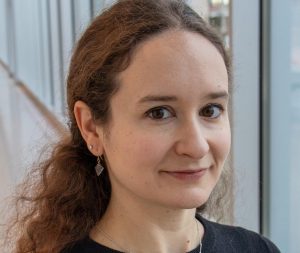
Sarah Arpin is a postdoctoral researcher at Leiden University and the Quantum Software Consortium. Her research focuses on the application of number theory to problems motivated by post-quantum cryptography. She got her PhD from the University of Colorado Boulder on Supersingular Elliptic Curve Isogeny Graphs. She has presented research on isogeny graphs internationally at a wide range of levels.
Prof. Karol Bartkiewicz (Adam Mickiewicz University)
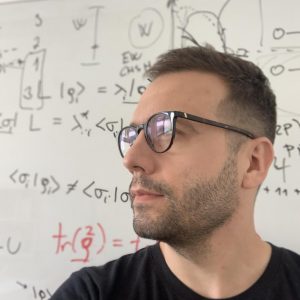
Karol Bartkiewicz earned PhD in physics in 2012 at AMU in Poznan, Poland. As of 2019, he is an associate professor at the Faculty of Physics at AMU. For ten years he has been working as a resercher (applied physics) at Palacký University in the Czech Republic. He has co-authored more than 50 publications on quantum optics, quantum information processing and quantum information, two of which on secure quantum communication protocols have been commented on in specialized (e.g. Nature Physics) and popular media (e.g. New Scientist, Science Daily, TVN 24). For the past six years, he has been working on quantum machine learning as one of the most promising applications of quantum computing.
Prof. Dino Festi (University of Padova)
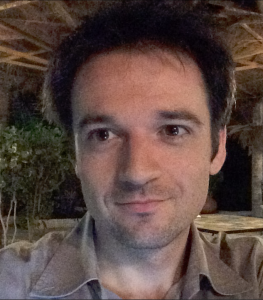
Dino Festi obtained his bachelor in mathematics in Salerno in 2010. As a next step he joined the ALGANT program, studying in Padova and Milano, obtaining my Diploma in 2012. Afterwards, he enrolled in the ALGANT PhD program in Leiden and Milano, obtaining my doctorate in 2016. From 2016 to 2020 he was a PostDoc in Mainz, and from 2020 to 2023 in Milano. Starting on July 1st, 2023 he is an assistant professor in Padova. His main research interests are algebraic and arithmetic geometry, more precisely, Elliptic Curve and K3 surfaces.
Prof. Mika Hirvensalo (University of Turku)
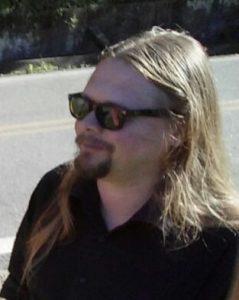
Mika Hirvensalo was born in 1972, achieved MSc degree in mathematics in 1995 Turku, Finland. He wrote a monograph „Quantum Computing” (Springer 2001) and obtained PhD degree 2003 in mathematics in Turku, Finland. Since 2003, M. Hirvensalo has been working at Turku University, conducting research on Quantum computing and on classical complexity theory.
Prof. Matija Kazalicki (University of Zagreb)

Matija Kazalicki is a professor in the Department of Mathematics at the University of Zagreb. He studies Number Theory, in particular modular forms. He earned a Ph.D. degree at the UW Madison in 2010.
Prof. Marek Klonowski (Wrocław University of Technology)
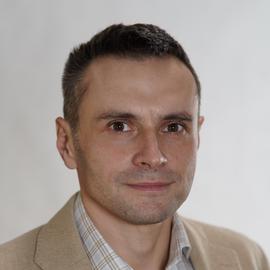
Marek Klonowski is employed at the Department of Artificial Intelligence at the Wrocław University of Science Technology. He obtained Ph.D. degrees in mathematics (2006) and computer science (2009). He received the professor title in 2020. His scientific interests include computer security, cryptography, and distributed systems. Recently, he has also been focusing on algorithmic privacy protection problems and the application of this issue in machine learning.
Dr. Tomasz Kowalski (Adam Mickiewicz University)
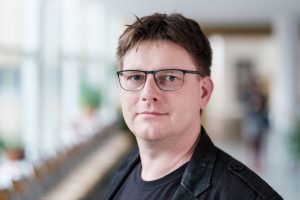
Tomasz Kowalski is a computer security researcher and lecturer specializing in network analysis. His work includes automating incident response, detecting network anomalies, securing PowerShell environments, and enhancing web application security. He is currently involved in ongoing research projects on automating anomaly detection and event response in infrastructure monitoring. Dr. Kowalski also teaches courses on computer security, research projects, formal languages, and Linux.
Prof. Mateusz Michałek (University of Konstanz)
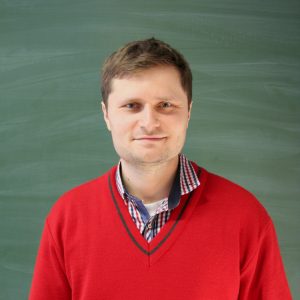
Mateusz Michałek is a mathematician specializing in pure mathematics. He completed his M.Sc. at Jagiellonian University and his Ph.D. at Universite Grenoble I and the Polish Academy of Sciences. His academic journey led him to several institutions, including the Max Planck Institute and Aalto University. Prof. Michałek’s research contributions span various fields of mathematics, with a particular focus on algebraic and combinatorial aspects
Dr. Daniel Wilusz (Poznań University of Economics and Business)

Daniel Wilusz is an Assistant Professor in the Department of Information Technology at the Poznań University of Economics and Business. He received Ph.D. degree in Computer Science from the Wrocław University of Science and Technology in 2019. His research areas include cybersecurity, applied cryptography, and access control mechanisms in distributed systems.
